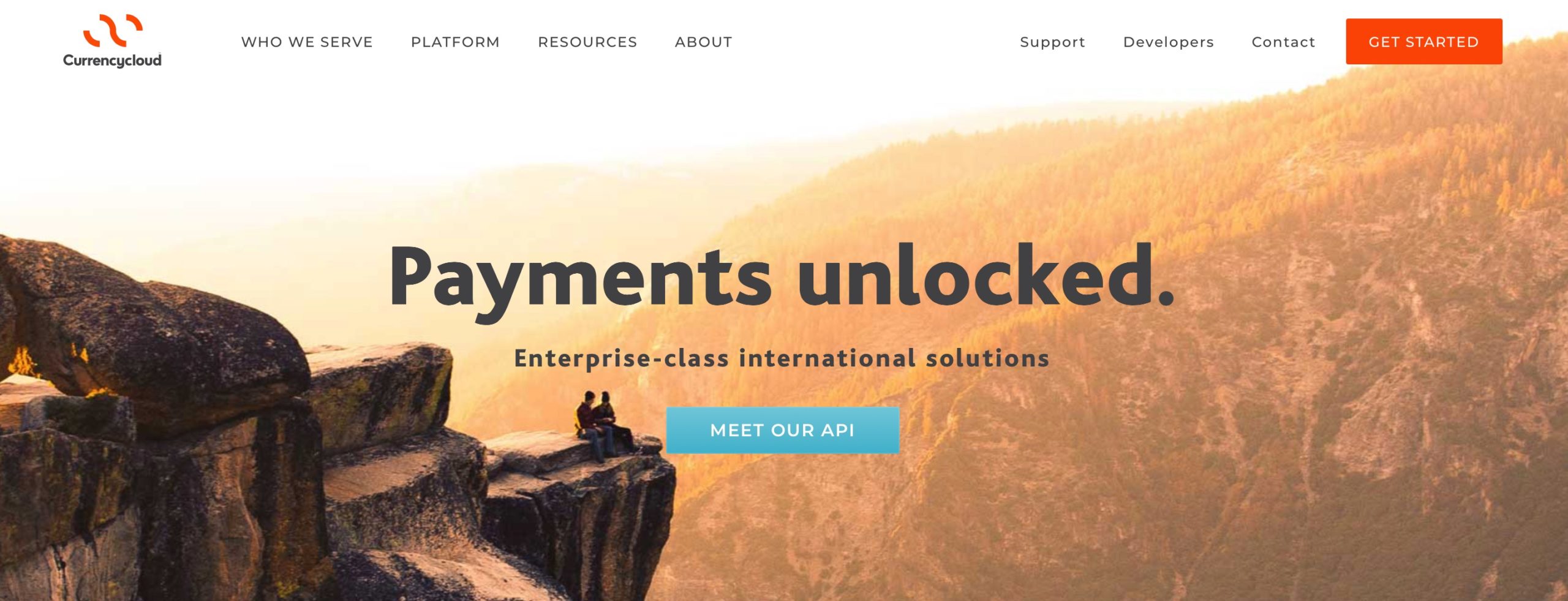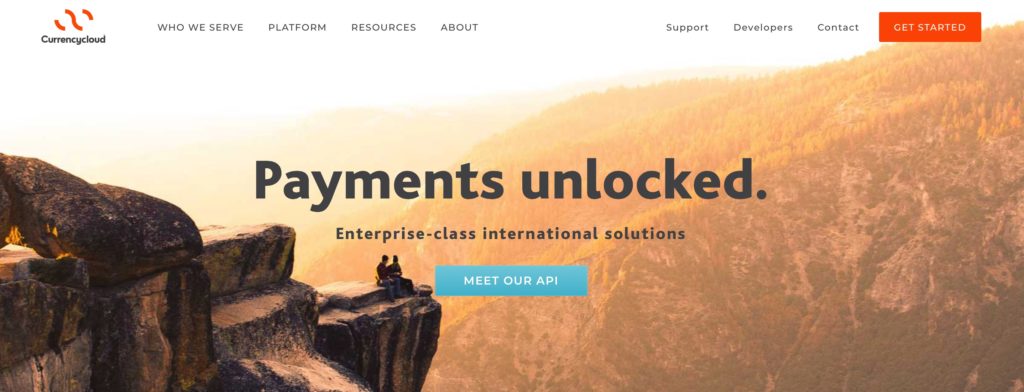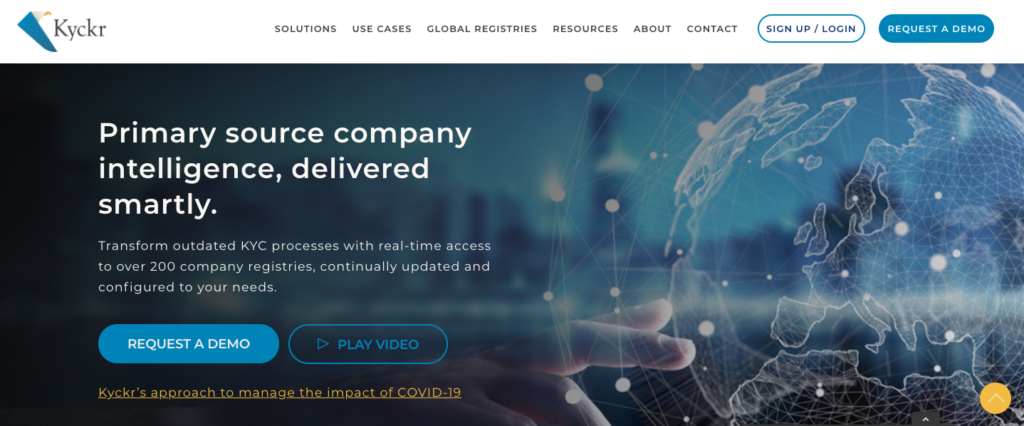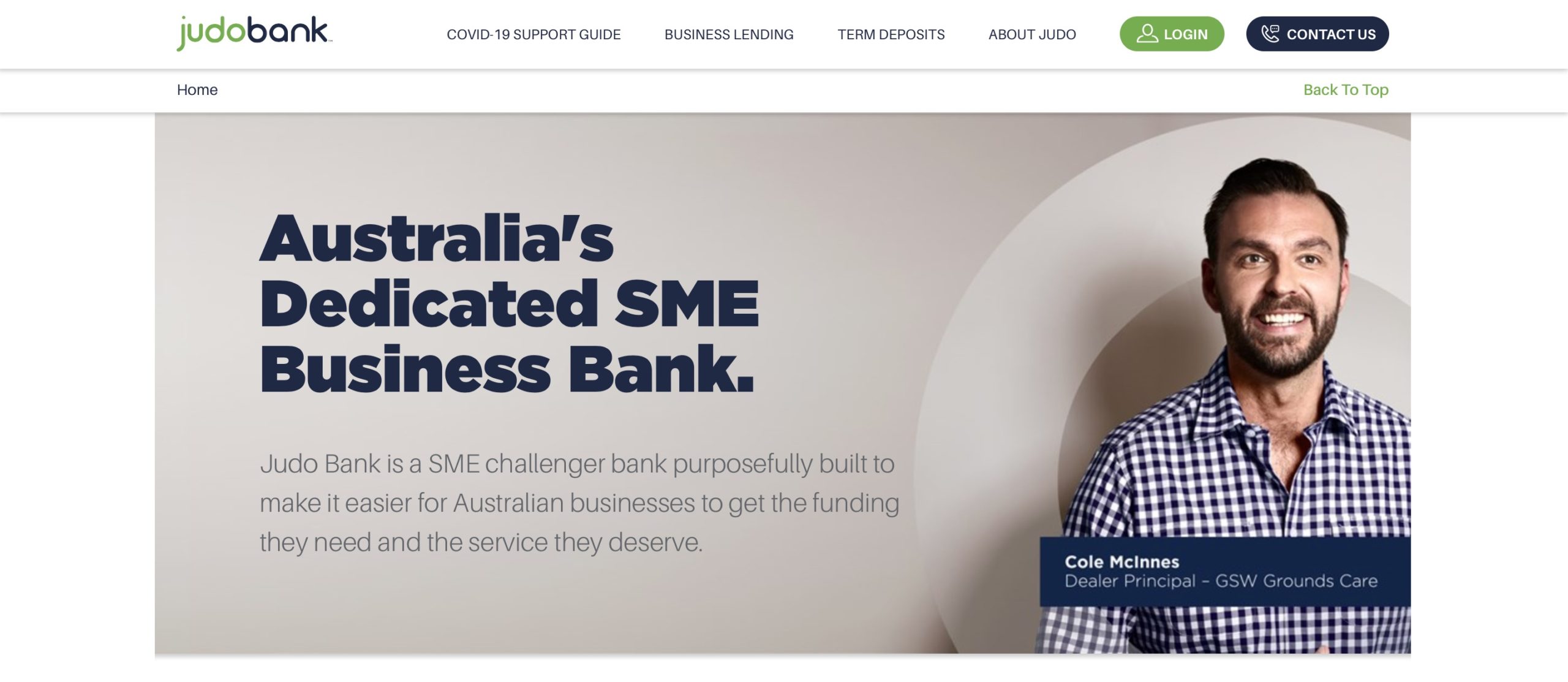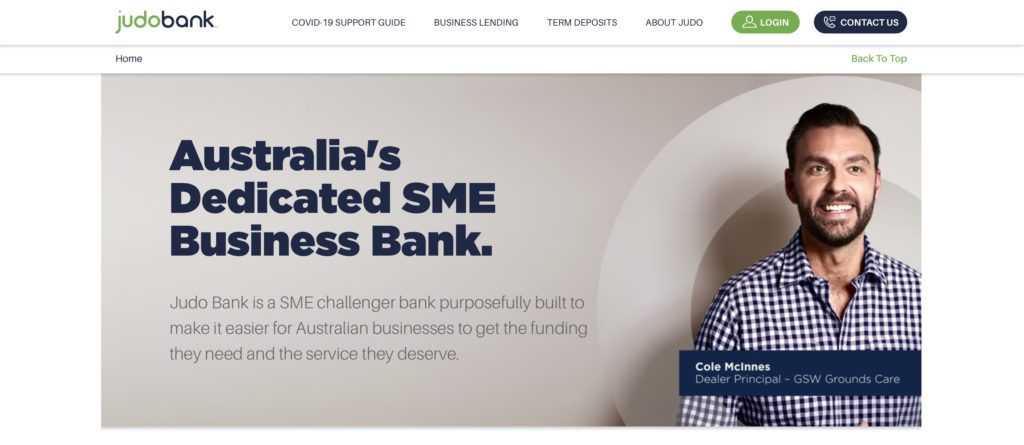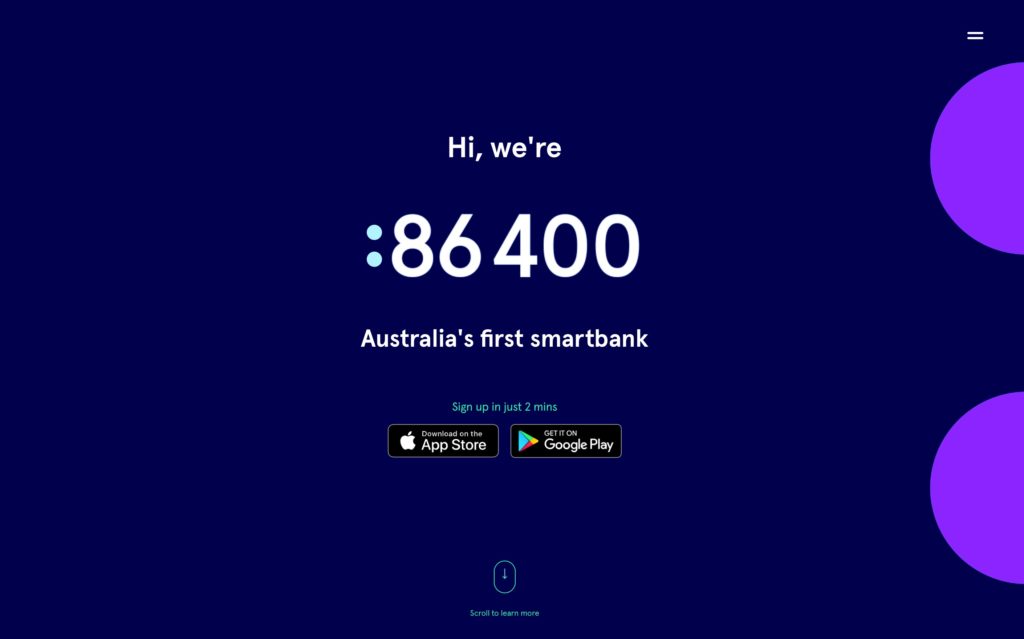
Taxes, especially in the U.S., can be anxiety-inducing not only for consumers but also for small businesses. And even though this year’s tax filing deadline has been extended to July 15, the filing and payment requirements remain unchanged.
“The daunting task of gathering documents for a year that has passed is one that is difficult for small business owners, especially when they already feel overwhelmed at tax time,” said Lil Roberts, CEO and founder of Xendoo. “Coupling that pain point with small businesses feeling that federal tax is a “black box” and understanding how to maximize tax savings is also extremely frustrating.”
Fortunately, where there is a financial problem there is a fintech solution. There are many fintechs available to help both individuals and businesses not only understand their taxes but also to facilitate tax payment. Below, we’ve highlighted the top 10 tax-focused fintechs.
ANNA
ANNA offers a business bank account and mobile tax app that help merchants with their invoicing, expense tracking, and taxes. The company’s app reminds businesses about tax deadlines and helps them prepare by estimating how much they owe as they earn revenue. ANNA also has a team of accountants to help prepare and submit tax returns.
Avalara
Avalara offers tax compliance tools for a range of businesses. The Seattle-based company, which counts customers such as Pinterest, Adidas, and Bed Bath & Beyond, offers products to help companies calculate sales tax, gather data to prepare and file tax returns, as well as collect, store, and manage tax documents on behalf of the business. Avalara offers products tailored to specific businesses, including ecommerce, lodging, communications, and restaurants.
Credit Karma
In 2016, financial health company Credit Karma launched a free tax filing service. Interestingly, the company was recently purchased by TurboTax parent Intuit for $7 billion. In comparison with Credit Karma’s free service, TurboTax charges users anywhere from $60 to $120 for a federal return and $45 for a state return.
DAVO
DAVO launched in 2011 to be the ADP for merchants’ sales tax. In other words, DAVO automates the entire sales tax process on a business’ behalf. The company connects to the merchant’s point-of-sale technology to collect sales data and sets aside taxes on a daily basis. When sales tax is due, DAVO files and pays on the small business’ behalf.
Gusto
HR and payroll company Gusto has a robust set of services to make small business owners’ lives easier. The company automatically files payroll taxes and distributes I-9s, 1099s, and W-2s to employees. Gusto also helps businesses stay compliant by staying up-to-date on changing tax laws and doing all tax-related calculations on the business’ behalf.
Refundo
Refundo offers a suite of solutions to help tax preparers bring their operations into the digital age. Among the company’s products are mobile document transfers, audit assistance, tax preparation fee collection service, payment acceptance tools, and refund advance technology. At the end of the day, the company’s solutions not only make the tax preparer’s life easier, they make the lives of their taxpaying clients easier, as well.
RoamHR
With a mission to make self-employment easier, RoamHR automatically removes tax withholdings from users’ accounts once they get paid and places the funds into a RoamHR Tax Withholding Account. The company also offers tools that help users track deductible expenses, such as mileage, and helps them file their business taxes each quarter.
Taxnology
Taxnology has built a digital tax compliance center, a web-based solution to help businesses manage their taxes digitally. The company stores business’ historical tax data in the cloud so that it can be used for future cash flow planning and budget purposes or retrieved in the event of an audit. Taxnology is currently only available in Hungary.
Xendoo
Xendoo offers bookkeeping and CPA services that connect with businesses’ financial accounts to deliver monthly reports, business insights, and tax filing. Because Xendoo has a comprehensive view of the merchant’s financials, the company is able to provide tax consulting services, as well.
Xero
Cloud accounting software company Xero has been helping small businesses with their bookkeeping since it was founded in 2006. The company also offers solutions to help tax preparers who have Xero clients automate and customize tax-related tasks. For businesses who prepare taxes on their own, Xero offers tools to file taxes online, as well as prepare sales tax returns using software that leverages a company’s sales data to automatically calculate the taxes.
Roberts added one final thought for those businesses working toward that July 15 deadline. “For a smooth process, best practice is to have monthly bookkeeping done so tax benefits are being collected all year, and having books in order to make tax time more peaceful.” And during a pandemic, anything that can make a process more peaceful is worth doing.








